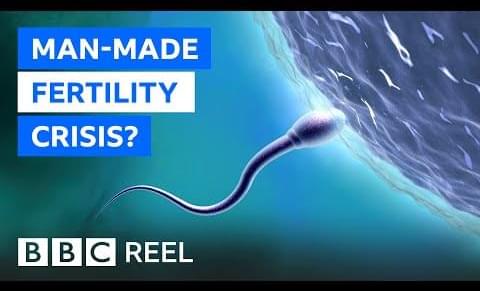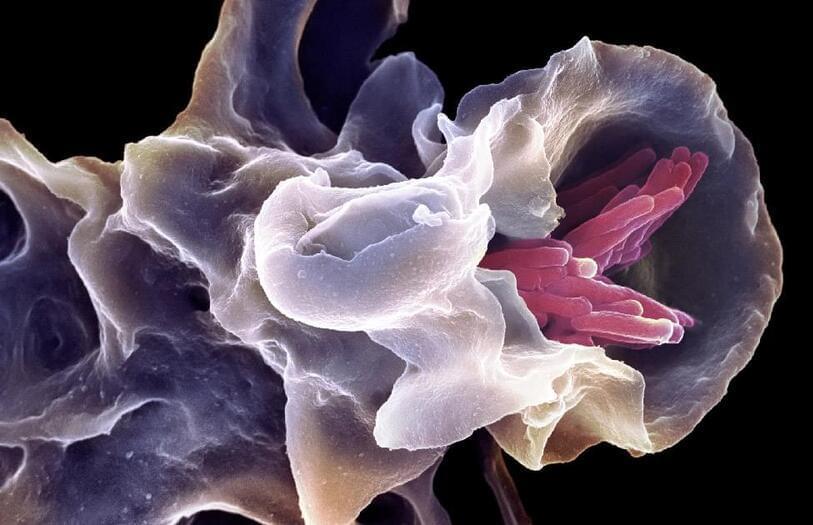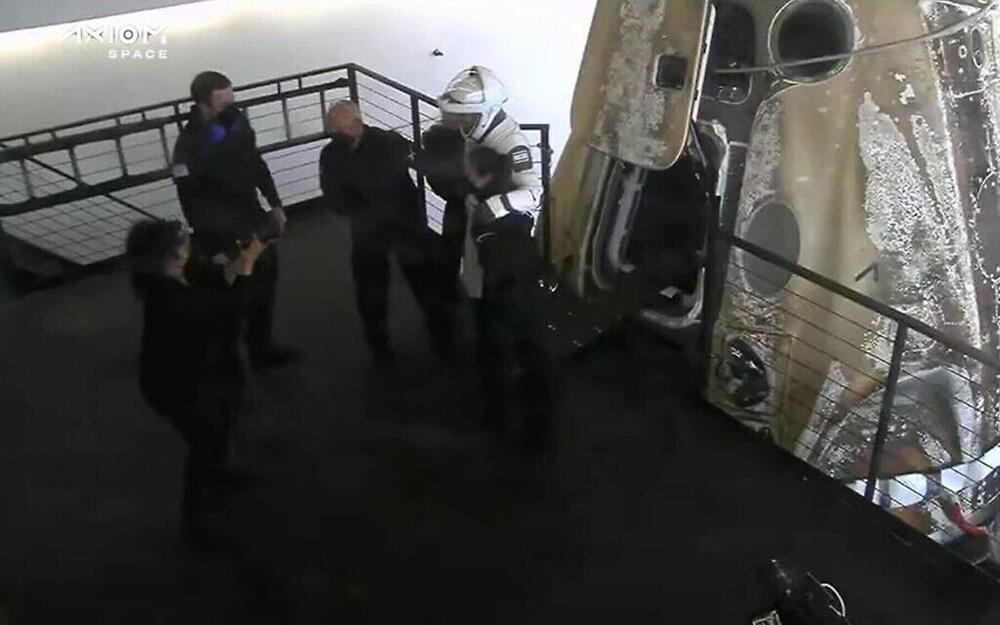
Saturn’s moon Titan looks very much like Earth from space, with rivers, lakes, and seas filled by rain tumbling through a thick atmosphere. While these landscapes may look familiar, they are composed of materials that are undoubtedly different—liquid methane streams streak Titan’s icy surface and nitrogen winds build hydrocarbon sand dunes.
The presence of these materials—whose mechanical properties are vastly different from those of silicate-based substances that make up other known sedimentary bodies in our solar system—makes Titan’s landscape formation enigmatic. By identifying a process that would allow for hydrocarbon-based substances to form sand grains or bedrock depending on how often winds blow and streams flow, Stanford University geologist Mathieu Lapôtre and his colleagues have shown how Titan’s distinct dunes, plains, and labyrinth terrains could be formed.
Titan, which is a target for space exploration because of its potential habitability, is the only other body in our solar system known to have an Earth-like, seasonal liquid transport cycle today. The new model, published in Geophysical Research Letters April 25, shows how that seasonal cycle drives the movement of grains over the moon’s surface.









